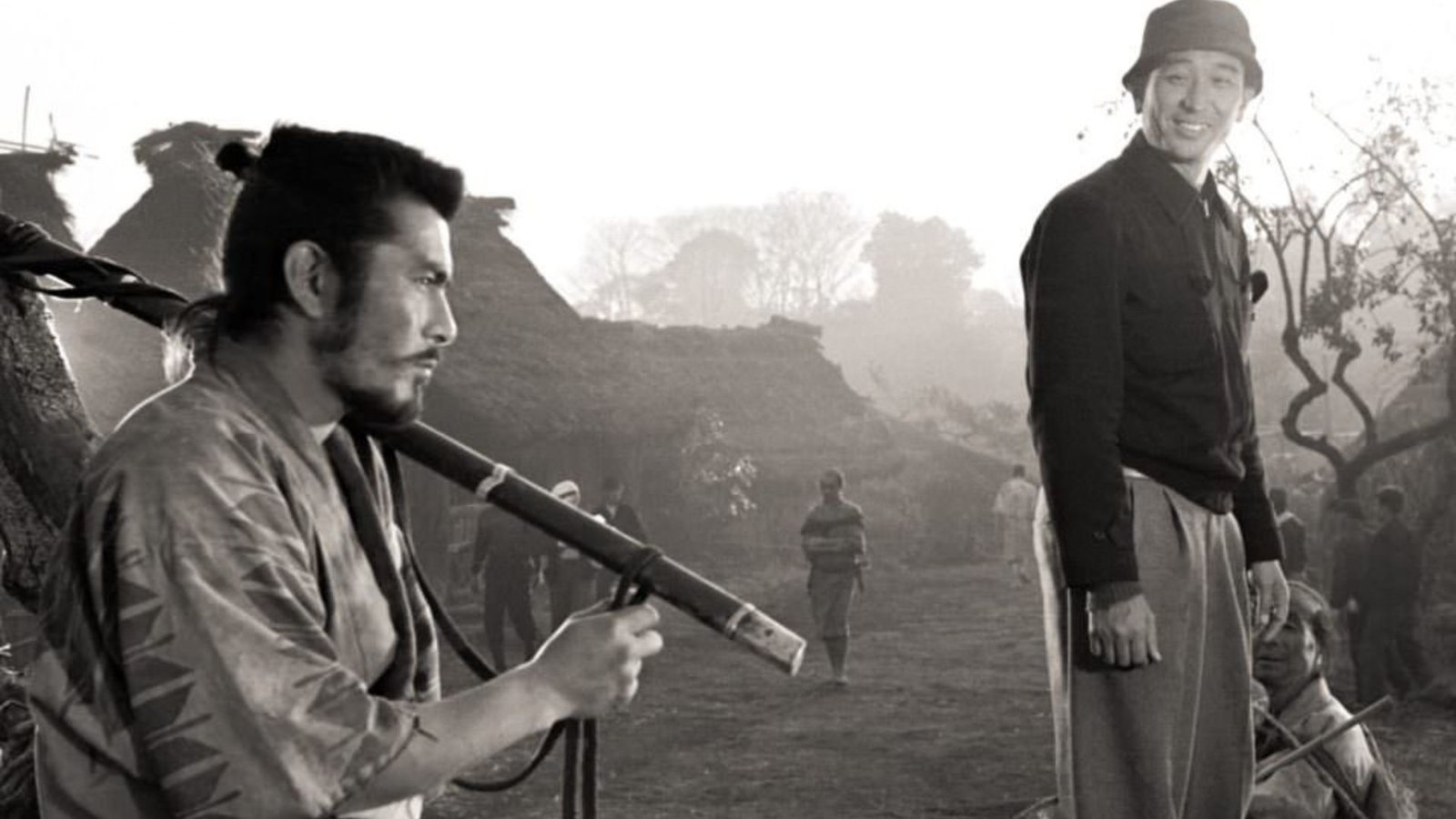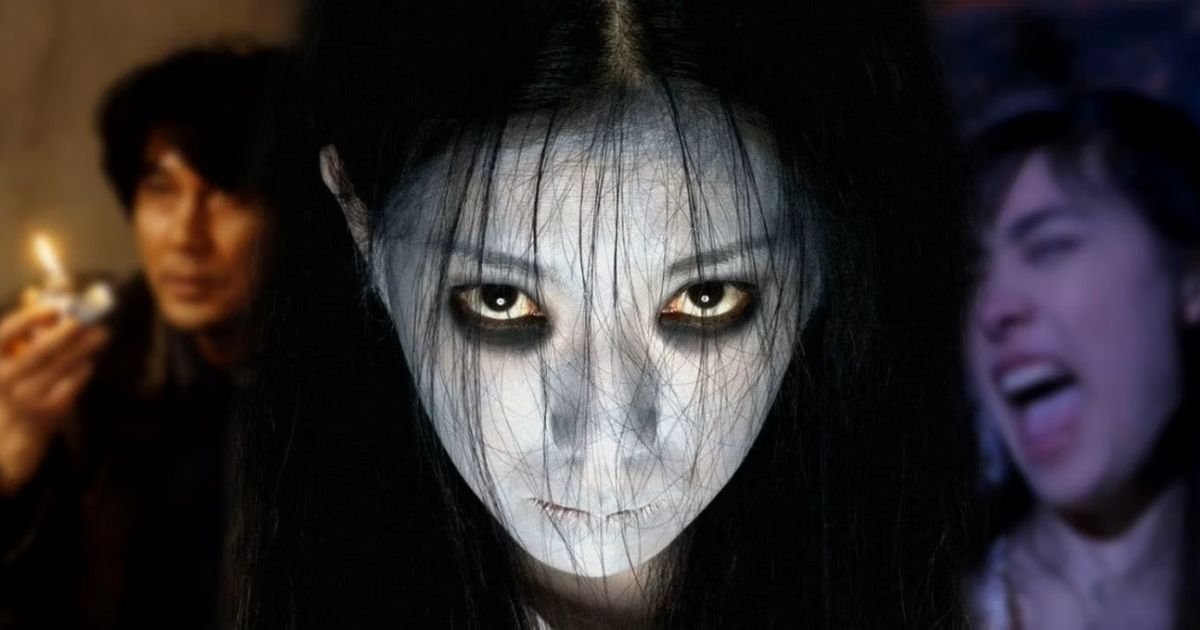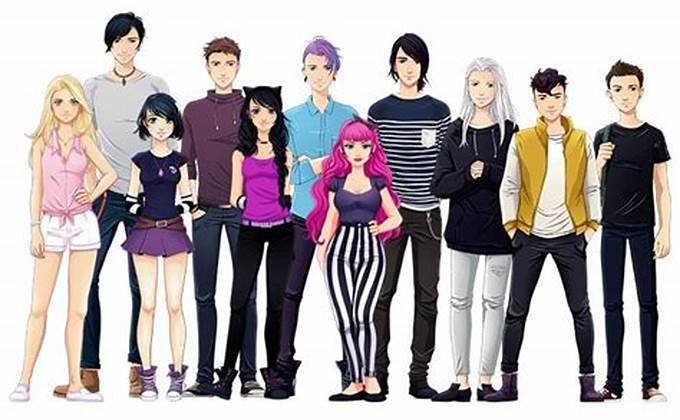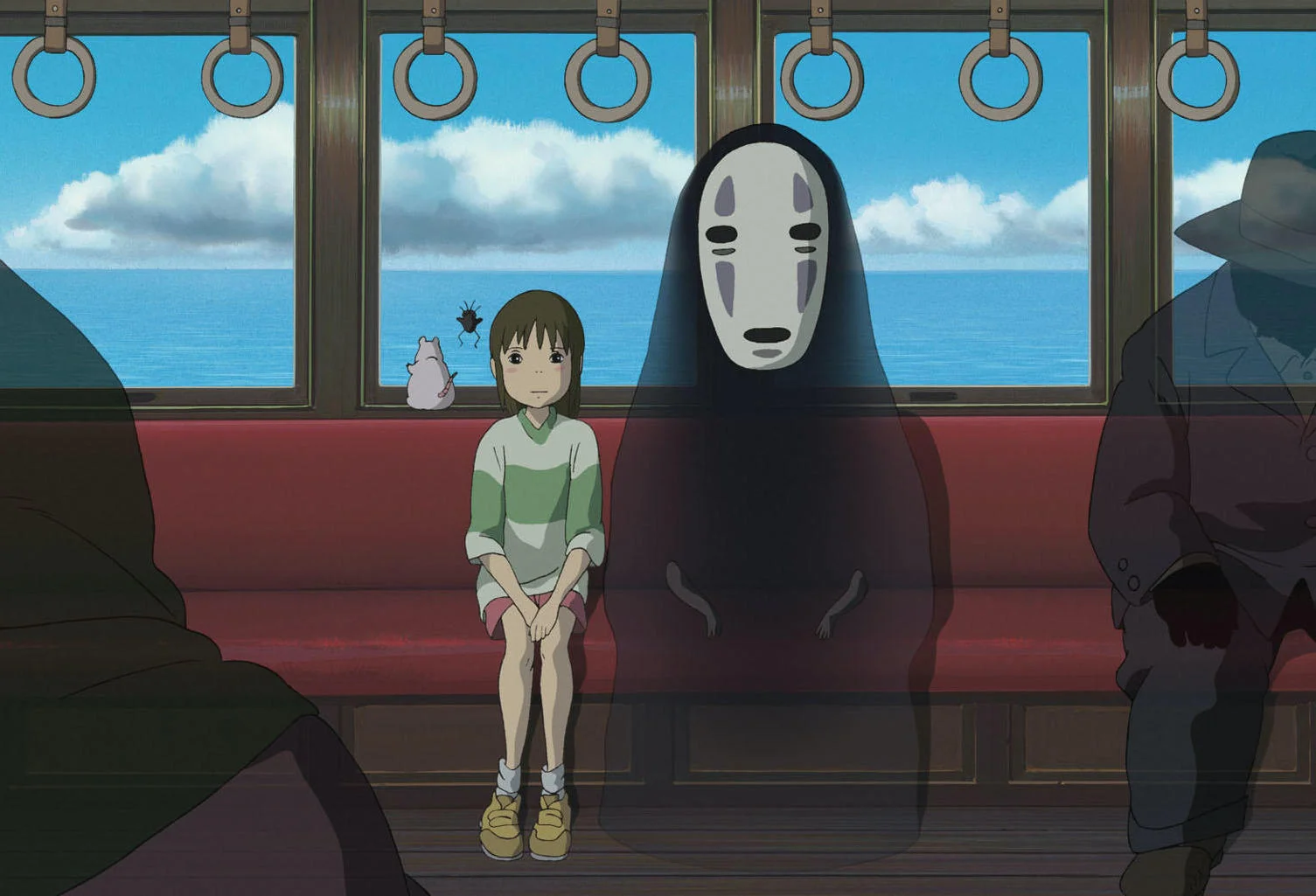World War II profoundly impacted Japan, and its effects are deeply explored in Japanese cinema. These films offer powerful perspectives on the war, reflecting on its horrors, societal impacts, and human experiences. Here’s an exploration of Japanese films that delve into World War II, capturing the emotional and historical essence of this tumultuous period.

Grave of the Fireflies (1988)
Director: Isao Takahata
Grave of the Fireflies is a heartbreaking tale of two siblings, Seita and Setsuko, struggling to survive in the final months of World War II. The film presents a stark portrayal of the war’s impact on civilians, focusing on the personal tragedy of the children.
Significance
The film is renowned for its emotional depth and realistic depiction of wartime suffering. It serves as a poignant reminder of the war’s human cost and has garnered critical acclaim for its storytelling and animation.
The Burmese Harp (1956)
Director: Kon Ichikawa
The Burmese Harp follows a Japanese soldier in Burma who, after witnessing the horrors of war, decides to stay behind to help the local people and spread peace through his music. The film explores themes of redemption and the futility of war.
Significance
This film is celebrated for its artistic approach and its focus on the personal transformation of soldiers during and after the war. It’s considered a classic of Japanese cinema and a powerful anti-war statement.
Hiroshima Mon Amour (1959)
Director: Alain Resnais
Although a French film, Hiroshima Mon Amour has strong connections to Japanese cinema through its depiction of the aftermath of the Hiroshima bombing. It explores the emotional impact of the event on a French actress and her Japanese lover.
Significance: The film is renowned for its innovative narrative structure and deep exploration of memory and trauma. It provides a poignant reflection on the intersection of personal and collective histories.
The Eternal Zero (2013)
Director: Takashi Yamazaki
The Eternal Zero tells the story of a Japanese fighter pilot during World War II and the impact of his life on his descendants. The film balances action with a deep examination of family legacy and heroism.
Significance
This film offers a contemporary perspective on World War II, blending historical events with personal stories. It highlights the complexities of wartime heroism and the effects of war on future generations.
The Emperor in August (2015)
Director: Yoshio Kuroda
The Emperor in August provides a dramatized portrayal of the events leading up to Japan’s surrender in World War II. The film focuses on the political and personal struggles of Emperor Hirohito and his advisors.
Significance
The film offers insight into the decisions and dilemmas faced by Japan’s leadership during the final days of the war. It sheds light on the internal and external pressures influencing the decision to surrender.
Fires on the Plain (1959)
Director: Kon Ichikawa
Fires on the Plain depicts the struggles of a Japanese soldier stranded in the Philippines as the war winds down. The film explores the brutal realities of war and the extreme measures taken for survival.
Significance
Known for its stark and unflinching portrayal of wartime suffering, this film provides a raw look at the human cost of conflict and is highly regarded for its powerful narrative and performances.
The Human Condition Trilogy (1959-1961)
Director: Masaki Kobayashi
The Human Condition is a trilogy that follows the experiences of a Japanese man, Kaji, as he navigates the brutal realities of World War II. The series addresses themes of moral conflict and the struggle to maintain one’s humanity.
Significance
This epic trilogy is praised for its ambitious scope and profound exploration of the human condition under the pressures of war. It is considered one of the greatest achievements in Japanese cinema.
Rhapsody in August (1991)
Director: Akira Kurosawa
Rhapsody in August centers on a grandmother and her grandchildren as they reflect on the impact of the atomic bombing of Nagasaki. The film explores themes of memory, loss, and reconciliation.
Significance
Directed by Akira Kurosawa, this film provides a personal and emotional look at the aftermath of the bombings, blending historical reflection with family drama.
The Last Emperor (1987)
Director: Bernardo Bertolucci
Although directed by an Italian filmmaker, The Last Emperor has significant Japanese connections through its portrayal of the life of Pu Yi, the last Emperor of China, and his experiences during World War II. It explores the intersection of Chinese and Japanese histories during the war.
Significance
The film’s portrayal of the war’s impact on China and Pu Yi’s life offers a broader perspective on the conflict’s reach and influence.
The Warped World of the Japanese War Film (2006)
Director: Various
This documentary examines the evolution of Japanese war films and their portrayal of World War II. It provides insights into how the conflict has been depicted and remembered in Japanese cinema.
Significance
The documentary offers a comprehensive look at the genre, exploring how Japanese filmmakers have interpreted and represented the war over time.
Conclusion
Japanese films about World War II offer profound insights into the war’s impact on individuals and society. From heart-wrenching dramas to reflective documentaries, these films provide a diverse range of perspectives on the conflict and its aftermath. They not only reflect the historical realities of war but also the emotional and cultural responses to one of the most significant events of the 20th century.








